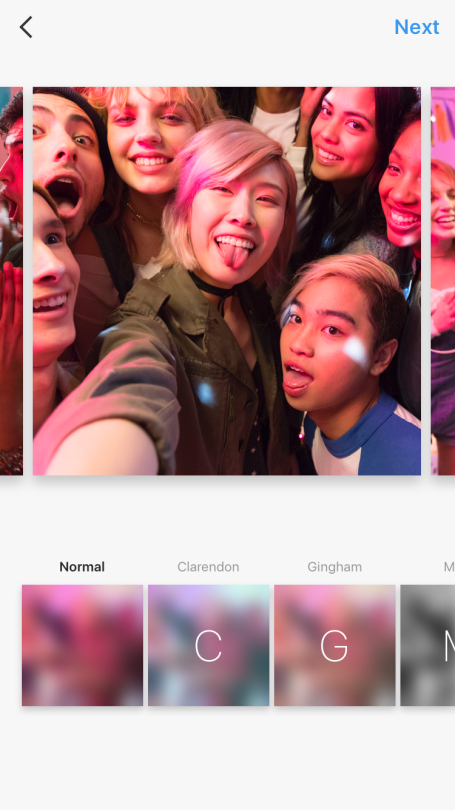
The idea behind Matter was to fix the reading experience of the internet - and expand the concept, too. But that's where reading apps are going next.

That's a tall order, and it requires far more than stripping away ads and improving typography. You'll feed all the stuff you know you like to the app, and then trust Matter to help you find the best of it at exactly the right moment. You'll save links to Matter throughout the day, or use its browser extension to annotate the things you're already reading. Ditto the podcasts you like most and the best long-form tweeters you follow. One day, Springwater imagines, you might connect RSS feeds from your favorite few websites to your Matter account. But why can't you seamlessly switch back and forth between reading and listening? Why can't you see the highlights and annotations and marginalia from people you know, overlaid? What can't you jump around, like through a table of contents? If you're reading a long piece, why can't you see the 1,000-word version or the 100-word version? There's all this crazy potential for reading technology, but it's never really been developed." That's what Matter aspires to be, really: a reading technology company. "Reading right now is really simple," he said. Ultimately, Springwater said, it could be even more. What they built became an app called Matter, a combination of a read-later app and a discovery engine for great content. The more Springwater and Mackenzie thought about it, the more they thought they could build a better way. No, I don't want you to send alerts to my home screenĬloses website without reading the article I came for. But those decisions for most of us are really suboptimal, relative to the potential of what we could be reading." "So we have filters: We go to Twitter, we check the headlines or what comes into our inbox. But there's only so much time in the day.

"It completely boggles the mind that so much of this stuff is really excellent, this life-changing stuff we could read," Springwater said.

The reading experience was part of the problem, but so was the internet's unlimited supply of stuff. In 2016, he was working at Nextdoor, lamenting with one of his colleagues, Rob Mackenzie, that reading on the internet was so complicated. It can often feel like things just keep getting worse.īen Springwater certainly felt like things were getting worse. Over the years, many have tried to fix this problem - Google with AMP, Facebook with Instant Articles - and none have succeeded. The heavy pages riddled with ads and trackers, the unexpected pop-ups, the bespoke designs that in too many places end up broken. The internet, as a reading experience, is mostly terrible.


 0 kommentar(er)
0 kommentar(er)
